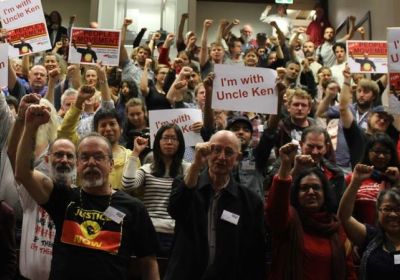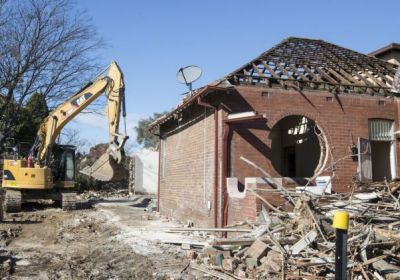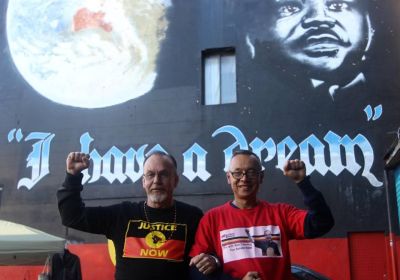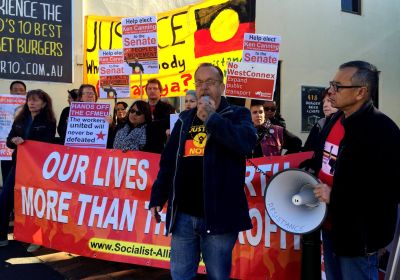
Ken Canning, a much-loved fighter for the rights of First Nations people and all down-trodden, needs your help to return to Australia for medical treatment, writes Kerry Smith.

Ken Canning, a much-loved fighter for the rights of First Nations people and all down-trodden, needs your help to return to Australia for medical treatment, writes Kerry Smith.




 A couple of hundred people rallied outside NSW parliament house and several dozen locked onto its fence in an action advertised as The World's Biggest Lock-on.
The rally was called in opposition to the recently passed anti-protest law that carries up to seven years' in jail for “unlawful protest” — such as blockading a CSG drill site.
A couple of hundred people rallied outside NSW parliament house and several dozen locked onto its fence in an action advertised as The World's Biggest Lock-on.
The rally was called in opposition to the recently passed anti-protest law that carries up to seven years' in jail for “unlawful protest” — such as blockading a CSG drill site.
